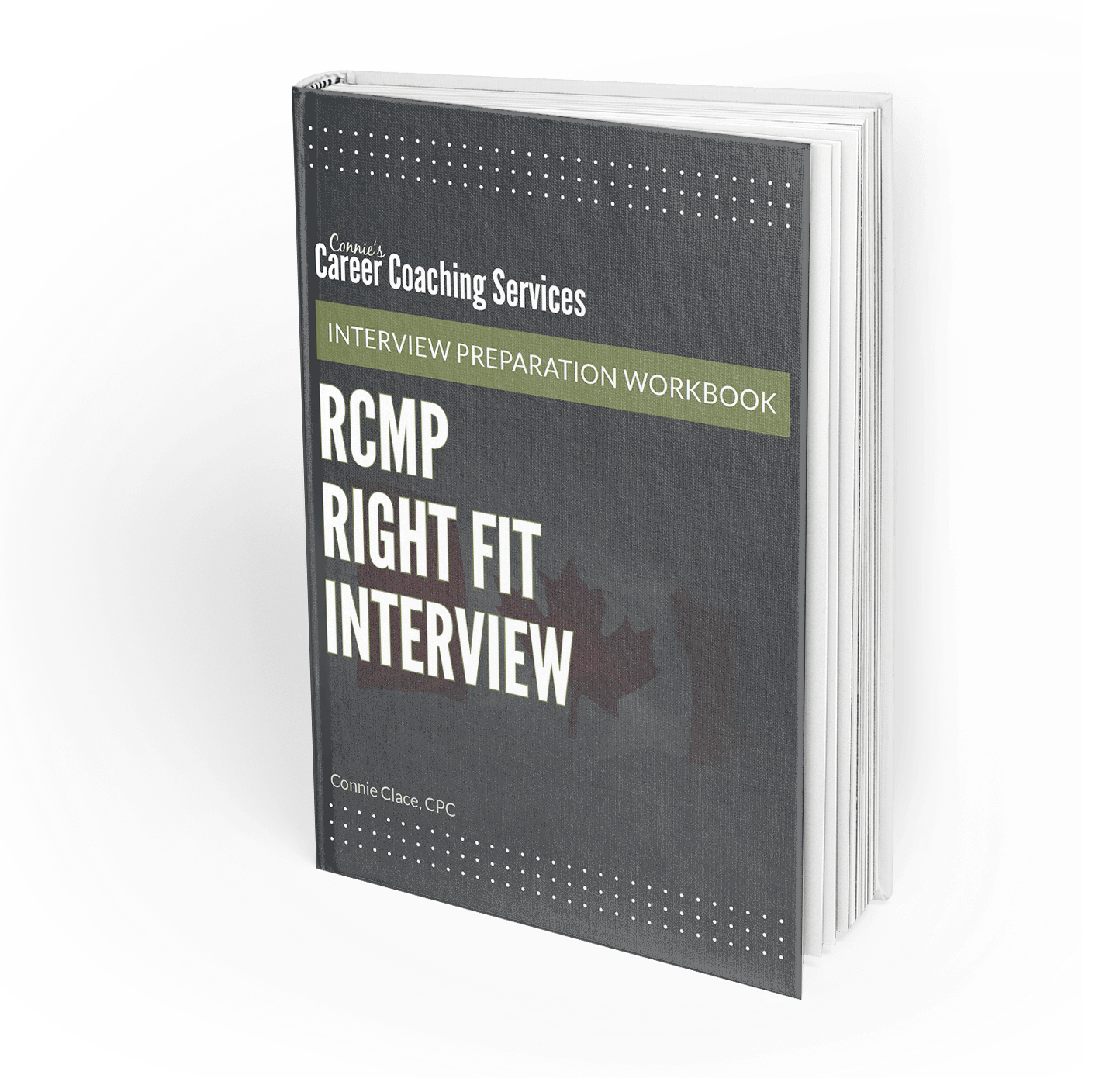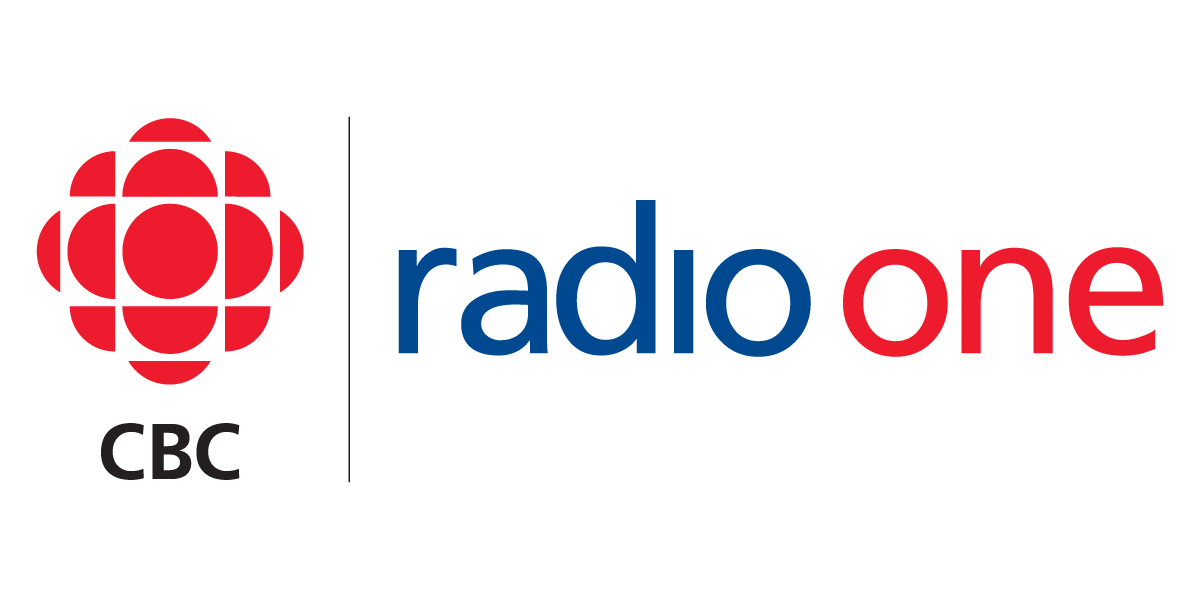Are you targeting your resume to the job for which you are applying? In working with my clients, I have observed a few things that seem to be consistently overlooked. So I thought I would take some time to remind you of a few key points when writing your resume. I have spoken before about targeting each section of your resume to the job poster. What is the hiring manager looking for? That’s what you have to determine, and then ensure your resume, and your cover letter, speak to those things.
Let’s break it down into a few specific areas of the resume:
- Objective Statement – you don’t necessarily need to have an objective statement, but if you do, you need to ensure that your objectives for future employment speak to the overriding theme of the business. This can’t just be about you. Remember, hiring managers and organizations are only concerned about what they need, not what you need. To say that you are seeking a position that will help you develop more skills is not something they care about. That’s about you, not them.
- Skills and Attributes – Again, this is a section that you can include or not, depending on the type of resume you are writing. I personally like this section, because it allows you to speak directly to those skills and attributes that the hiring manager wants. If he is looking for someone with initiative, then this is the place to speak to that. If he’s looking for decision making skills, again, this is the place for it. The key is to ensure that you quantify the statement. It’s simply not enough to say that you work well in both a team environment and independently. You need to articulate how you came to have these skills or how you have developed them.
- Professional Experience – I often see people fill this section with day to day tasks, i.e. Greet clients both in person and on the phone. But instead of just stating the duties you have, this is your chance to really highlight what you contribute to your current organization, and what your accomplishments are. This section should be written with bullets, and each bullet should really highlight that your past experience is right in line with what the hiring manager needs.
As you can see, the resume allows you to really speak to the hiring manager before you ever get in the door, But you have to ensure that you are hitting the areas that are important. If you talk about your excellent ability to work with numbers, and that has nothing to do with the skills required for the new job, then the hiring manager will in all likelihood move on. You don’t have much time to keep his attention and to sell yourself.
Of course, it’s not always easy to establish what is important to the hiring manager and what isn’t, so don’t be afraid to reach out and get some help from someone who is experienced in writing great resumes, or engage a Certified Professional Coach to help you with this all important step of the job search process.
Do you know someone who is faced with this challenge? Feel free to share this post by using the share links at the top of this page. Also, if you’d like more resume and cover letter tips, feel free to check out the resume resource page.


Leave a Reply